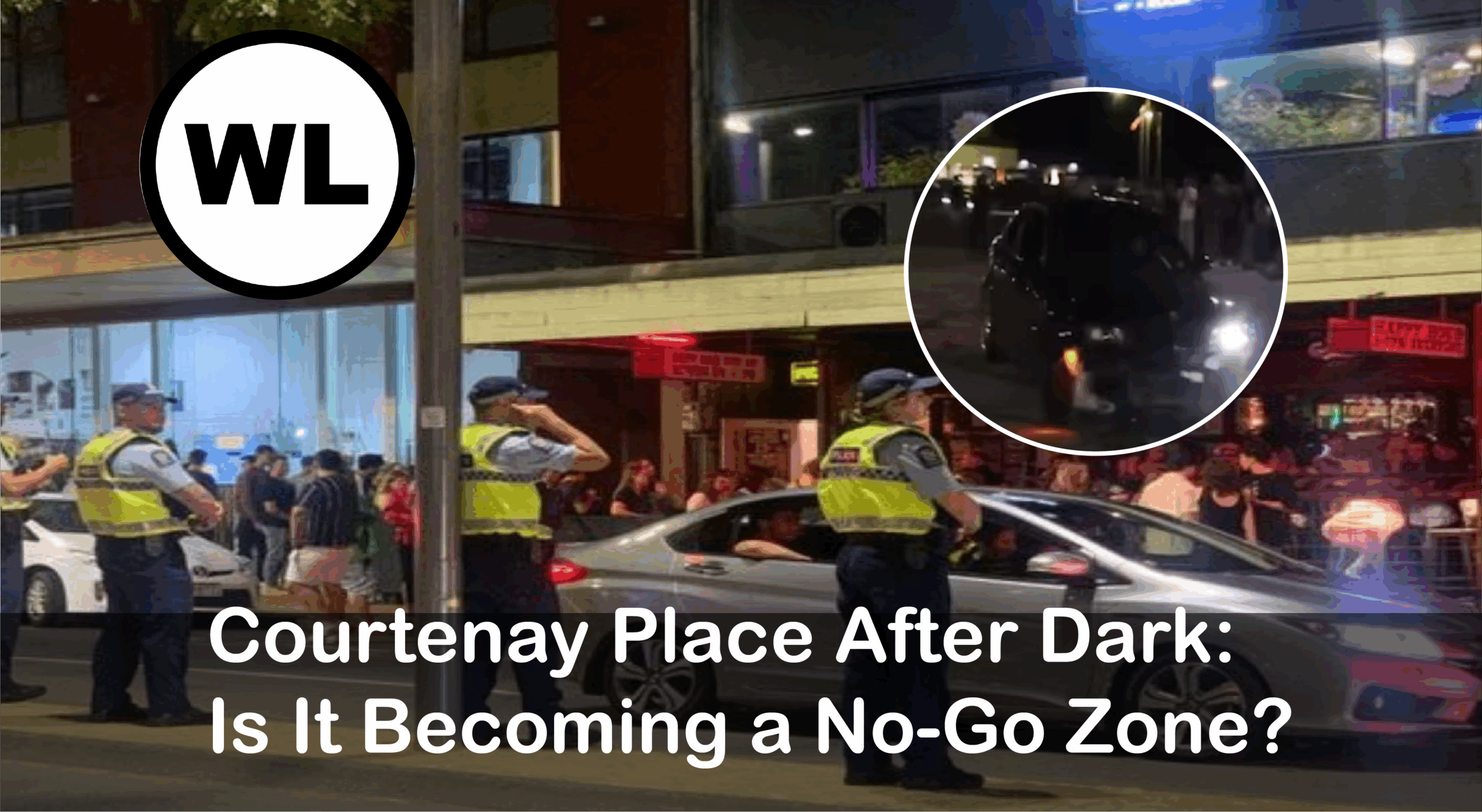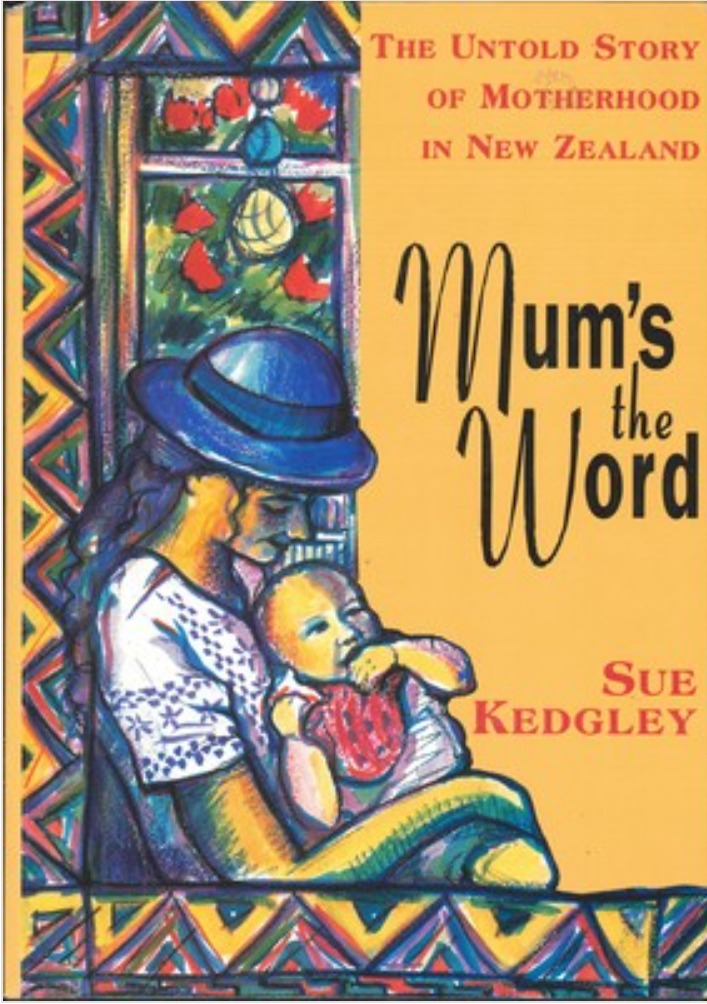Welcome to this special feature by One Network Wellington Live, where we delve into the heart of New Zealand’s motherhood experience, guided by the insightful work of Susan Jane Kedgley. In this comprehensive article, we explore the multifaceted journey of being a mum in Aotearoa, shedding light on aspects often left in the shadows.
Introduction to Susan Jane Kedgley Work
Susan Jane Kedgley, a prominent figure in New Zealand’s political and social landscape, has long been an advocate for women’s rights, particularly focusing on the role of mothers in society. Her work, “Mum’s the Word,” offers a deep dive into the realities faced by Kiwi mums, combining personal stories with robust research to paint a vivid picture of motherhood in our country.
The Landscape of Motherhood in New Zealand
New Zealand, with its unique blend of cultures and progressive policies, presents a distinctive environment for motherhood. According to Statistics New Zealand, in 2021, there were approximately 60,000 births, highlighting the ongoing vitality of family life in our nation. However, beneath these numbers lie stories of joy, struggle, and resilience.
Challenges Faced by Mothers
Motherhood in New Zealand isn’t without its hurdles. A study by the University of Otago in 2019 revealed that 40% of new mothers experience postnatal depression, a rate higher than the global average. This statistic underscores the need for better mental health support systems, which Kedgley passionately advocates for in her writings.
Moreover, the economic aspect cannot be overlooked. With the cost of living rising, many mothers find themselves juggling work and family life. Data from the Ministry of Women shows that women, especially mothers, earn on average 9.1% less than their male counterparts, a gap that affects family finances and maternal well-being.
The Joy of Motherhood
Despite these challenges, the joy of motherhood is profound. Kedgley narrative captures the laughter, the first steps, and the quiet moments of connection that define the maternal experience. She highlights community initiatives in Wellington, like the Wellington Mothers’ Support Group, which provide a network of support, sharing not just the burdens but also the joys of motherhood.
Societal Impact and Policy
Kedgley work also delves into how societal structures impact motherhood. New Zealand has made strides with policies like paid parental leave, which was extended to 26 weeks in 2020. Yet, Kedgley argues for more, suggesting flexible work arrangements and better childcare facilities to truly support mothers.
In Wellington, local government has been responsive, with initiatives like the ‘Family Friendly Workplace’ certification encouraging businesses to adopt mother-friendly policies. This local action reflects a broader national movement towards recognizing and valuing the role of mothers in our society.
Education and Empowerment
Education plays a crucial role in empowering mothers. Kedgley points out that informed mothers are better equipped to navigate the complexities of parenting. Programs like Plunket, which offer parenting education, have been pivotal. According to Plunket’s annual report, over 90% of new mothers in Wellington engage with their services, gaining knowledge that enhances their confidence and capability as parents.
Cultural Perspectives
New Zealand’s multicultural fabric adds another layer to the motherhood narrative. Kedgley explores how different cultural backgrounds influence parenting styles and community support. For instance, Māori whānau (family) structures provide a collective approach to child-rearing, which contrasts with more individualistic Western models but offers rich insights into community-based support systems.
Health and Well-being
The health of mothers is paramount, and New Zealand has been proactive with maternal health services. The Wellington Regional Hospital’s maternity services are renowned for their comprehensive care, from prenatal to postnatal stages. However, disparities exist, particularly for Māori and Pacific Islander women, where maternal mortality rates are higher. Kedgley advocacy includes pushing for culturally sensitive health services to address these inequities.
Looking Forward: The Future of Motherhood in New Zealand
As we look to the future, Kedgley envisions a New Zealand where motherhood is not just supported but celebrated. She calls for ongoing policy reform, community engagement, and a cultural shift towards valuing the role of mothers in all its forms. Her vision includes:
- Enhanced support for single mothers, who make up 27% of families with dependent children.
- More inclusive workplaces that recognize the diverse needs of working mothers.
- Continued investment in early childhood education to ease the burden on mothers.
Conclusion
Susan Jane Kedgley “Mum’s the Word” is more than a book; it’s a movement towards understanding and improving the lives of mothers in New Zealand. Through her lens, we see the strength, the challenges, and the beauty of motherhood. For Wellingtonians, this narrative is not just a story but a call to action to support, celebrate, and empower the mothers in our community.
Join us at One Network Wellington Live as we continue to explore and advocate for the untold stories that shape our city and our nation. Let’s make sure that in Wellington, and across New Zealand, mum’s the word is heard loud and clear.
TRUTH SEEKER
Instantly run a Quiz with friends... about the article. Interact more & analise the story. Dig in, catch out biased opinions, and "fact check" with TRUTH SEEKER by ONENETWORK WELLINGTONLIVE 👋
Do you agree with the main argument of this article?
Total votes: 0
According to Statistics New Zealand, how many births were there in New Zealand in 2021?
Bias Analysis
Fact Check Summary
True. Data from the Ministry of Women supports this claim.
Source: Ministry of Women
True. The article mentions this policy change.
Source: Article










